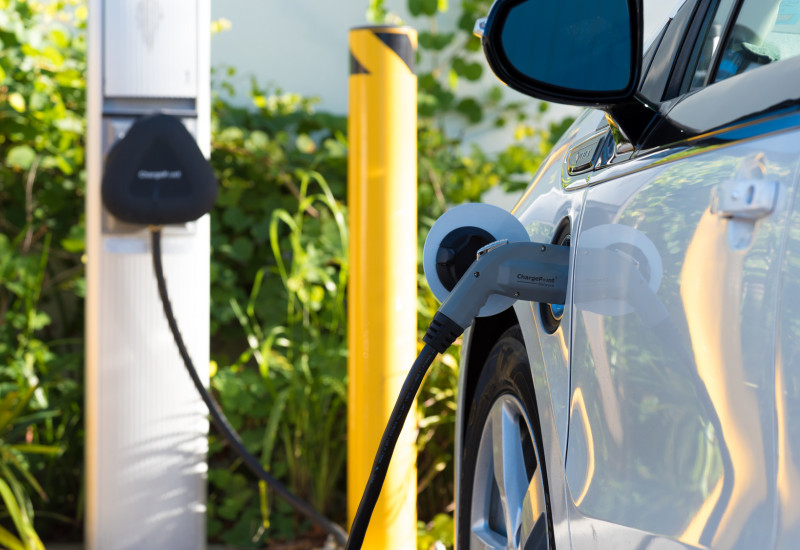Complaints about low-frequency noise – the so-called humming phenomenon – have risen sharply in recent years. A new guide by UBA provides advice on the ideal installation of heat pumps and the like. read more

 Umweltbundesamt
Umweltbundesamt


Complaints about low-frequency noise – the so-called humming phenomenon – have risen sharply in recent years. A new guide by UBA provides advice on the ideal installation of heat pumps and the like. read more

The air in Germany’s cities continued to have excessive levels of nitrogen dioxide pollution in 2016. This is according to an evaluation of preliminary measurements made by the federal states and the German Environment Agency. The threshold value of 40 micrograms per cubic metre on a yearly average was exceeded at about 57 per cent of all the measuring stations located near major thoroughfares. read more

Germany recorded total emissions of 901.9 million tonnes of CO2 equivalents for 2015, which is 2.3 million tonnes (0.3%) less than in 2014 and 27.9% less than in 1990. This data is based on calculations which the German Environment Agency (UBA) has reported to the European Commission. The greatest reductions were achieved in the energy industries (11.8 million tonnes). read more

The German Environment Agency, with support from the Federal Agency for Nature Conservation, supported and advised a three-year Advisory Assistance Project entitled "Environmentally sound concepts of maritime spatial use for the Baltic Sea Area of the Russian Federation". read more

The EU Commission is providing funding worth more than 74 million euros to the “European Human Biomonitoring Initiative – HBM4EU” project to harmonize and align the database on human biomonitoring in the EU Member States and to enhance our understanding of the health impact of exposure to pollution. The aim is to consolidate existing data and to implement joint research projects. read more

The goals of the Climate Action Plan can only be achieved through an energy transformation in the transport sector. Electromobility is the most economical of all greenhouse gas-neutral solutions. read more

More than 16 tonnes of metal, cement, wood and other raw materials per person are consumed in Germany every year – that’s 44 kilos per day. This places Germany at a high level compared with other countries around the globe and other EU states. These are the conclusions drawn in the resources report published by the German Environment Agency (UBA). read more

The condition of Germany's rivers continues to improve. The Rhine and many other rivers have many more fish species than 30 years ago. Salmon – once virtually wiped out – are once again at home in German waters. Some stretches of the Danube have “good” to “very good” ecological status, rating best among all Germany’s rivers. There is still a need for action along the Weser and Ems rivers. read more